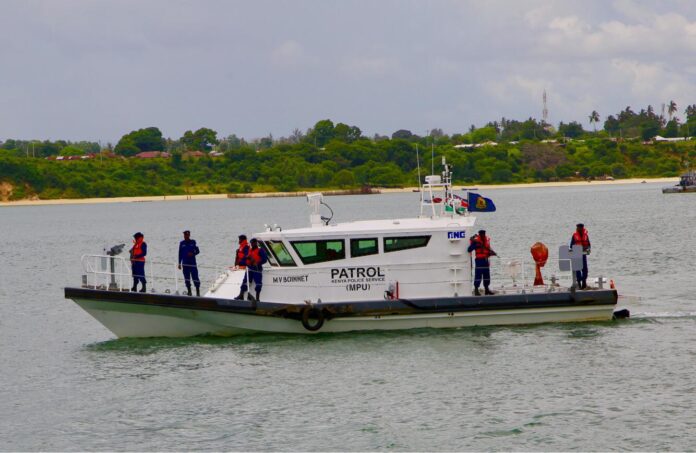The Ministry of Mining, Blue Economy, and Maritime Affairs has spent a substantial Sh1.6 billion in the fiscal year 2023/2024 to assess the state of fish in the Indian Ocean.
This comprehensive fish stock assessment involves collecting, analyzing, and reporting on fish conditions and breeding areas to estimate their abundance and productivity.
Cabinet Secretary Ali Hassan Joho and Principal Secretary Muthoni Njagi were called before the National Assembly’s Departmental Committee on Blue Economy, Water, and Irrigation to explain the benefits of this exercise for the country.
“So you are telling this committee that you were allocated billions just to count fish in the ocean?” posed the Tiaty MP William Kemket, expressing the committee’s skepticism.
Joho clarified that fish stock assessment is a global practice adopted by all countries with interests in blue economy affairs.
He emphasized that a detailed assessment report of marine life is crucial when inviting investors to operate in Kenya’s waters.
“As a country, we must understand where we are so that when we defend a position, it’s based on detailed scientific research,” Joho stated.
He further explained that the exercise goes beyond merely counting fish. It also helps the ministry comprehend the entire marine ecosystem, including ocean zoning.
Despite the MPs’ outrage over the 1.6 billion shillings expenditure, the Joho-led team requested an additional 600 million shillings to complete the assessment.
PS Njagi explained that the exercise occurs in three phases, and the requested amount would cover the remaining part of the ongoing assessment.
“This framework contract is for three years. Every year costs 1.2 billion shillings, totaling 3.6 billion shillings,” Njagi added.
The committee expressed concerns about the value for money in this exercise, noting that the fish industry currently generates a mere 50 million shillings annually.
In response, CS Joho confidently assured the committee that the industry would see a return on investment once investors are on board.

